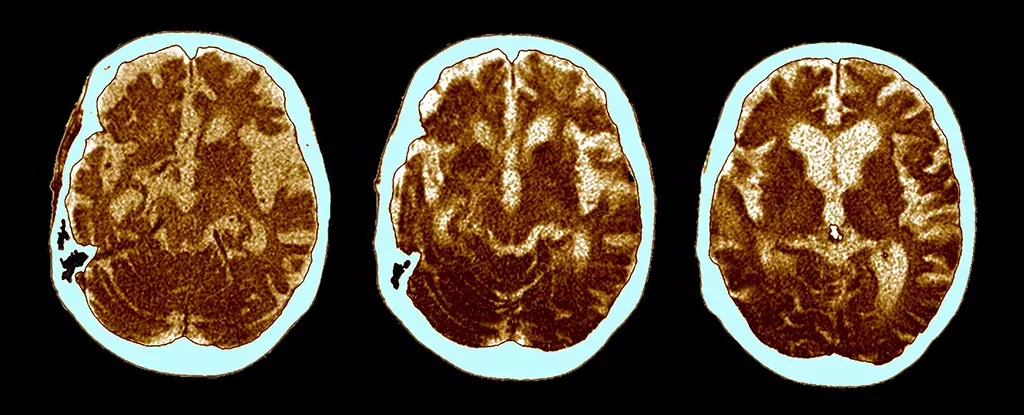Alzheimer’s disease is a devastating neurodegenerative condition that is commonly associated with the accumulation of proteins in brain cells. However, recent research has shed light on the role of a different material – lipids – in the development and progression of Alzheimer’s disease.
While proteins like amyloid beta and tau have received significant attention in the study of Alzheimer’s disease, lipid deposits have often been overlooked. A recent study led by researchers from Stanford University School of Medicine revisited Alois Alzheimer’s observations of large fat drops in brain cells, made over a century ago. The study aimed to explore the relationship between lipids and Alzheimer’s disease and change the way we understand this complex condition.
Researchers focused on the gene responsible for producing a fat-transporting protein called apolipoprotein E (APOE), which is known to be a significant risk factor for Alzheimer’s disease. Different forms of APOE, including APOE1 to APOE4, were studied to determine their impact on lipid transport in brain cells. The study found that the APOE4 gene variant was associated with higher levels of a specific enzyme that facilitated the movement of fat within cells.
In experiments involving tissue samples from individuals with different APOE variants, researchers observed that glial cells in the brain accumulated more fat when exposed to amyloid. This accumulation of fat in non-neuronal cells could potentially play a role in the development of Alzheimer’s disease, with toxic materials building up in supporting glial cells, impacting neuronal function.
While further research is needed to fully understand the role of lipids in Alzheimer’s disease, these findings open up new possibilities for treatment development. By targeting the transport and accumulation of fats in brain cells, researchers may be able to develop more effective therapies for Alzheimer’s disease. Additionally, exploring connections between the brain, mouth, and gut may provide valuable insights into the complex mechanisms underlying this condition.
The study of lipids in Alzheimer’s disease represents a paradigm shift in our understanding of this condition. By examining the role of APOE variants and lipid transport in brain cells, researchers are uncovering new avenues for potential treatments. As we continue to unravel the complexities of Alzheimer’s disease, we move one step closer to finding effective therapies that can improve the lives of those affected by this devastating condition.


Leave a Reply